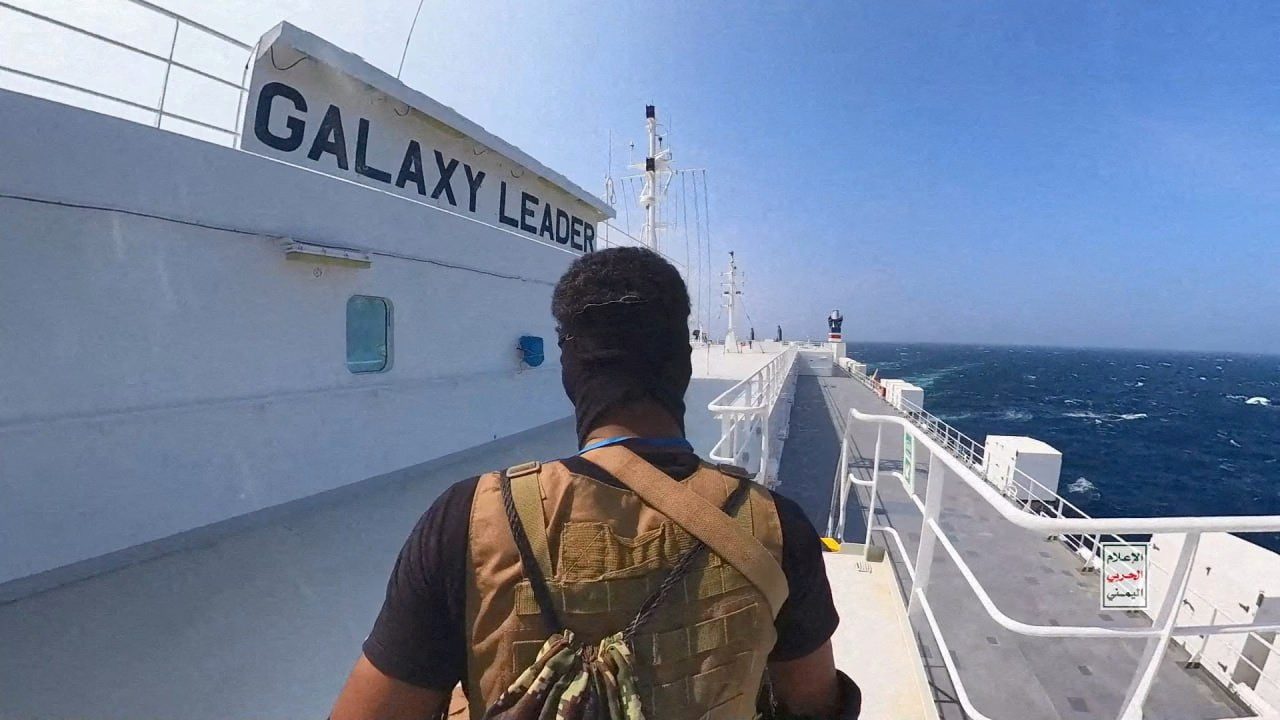Will Red Sea Tensions Fuel Inflation?
By Vince Golle (Bloomberg) Shipping costs are rising as hundreds of container ships that typically transit the key maritime artery of the Red Sea and Suez Canal are rerouting after a...

Updated: January 9, 2024 (Originally published January 1, 2024)
On Thursday the US Department of the Treasury’s Office of Foreign Assets Control (OFAC) announced action against financial networks aiding the Houthi forces in Yemen. This aims to choke off funding to help safeguard international shipping lanes in the Red Sea and the Gulf of Aden, which have been threatened by the Houthis’ increasing aggression.
The Houthis, known for their control over parts of Yemen, have escalated tensions in the region with attacks on commercial vessels transiting the Red Sea, disrupting the free flow of international trade. According to OFAC these actions violate international law and pose a direct threat to maritime safety and free trade.
The Treasury’s response involves designating one individual and three entities for facilitating Iranian financial assistance to the Houthis. These include exchange houses in Yemen and Turkey, instrumental in transferring millions of dollars, under the direction of the US-designated Sa’id al-Jamal, linked to Iran’s Islamic Revolutionary Guard Corps-Qods Force.
As a consequence of the Treasury’s recent sanctions, all properties and interests of the designated persons within the US or controlled by US persons are blocked and must be reported to OFAC. This also extends to any entities majorly owned by the sanctioned individuals or groups. OFAC’s regulations broadly ban all transactions involving these parties within or passing through the US, unless specifically exempted or authorized. Additionally, financial institutions and others engaging in transactions with these sanctioned parties risk facing similar sanctions or enforcement actions. This includes any form of contribution or transaction, whether it’s funds, goods, or services, to or from the designated individuals or entities.
These sanctions, part of a broader strategy under Executive Order (E.O.) 13224, aim to disrupt the financial networks supporting the Houthis. By freezing assets and prohibiting transactions with these entities, the OFAC seeks to cut off the flow of illicit funds and mitigate the threat to vital shipping routes.
This action by the US Treasury is a critical measure in protecting global shipping interests and maintaining regional stability. It underscores the importance of international cooperation in upholding maritime security and the rule of law in strategically important regions like the Red Sea.

Sign up for gCaptain’s newsletter and never miss an update

Subscribe to gCaptain Daily and stay informed with the latest global maritime and offshore news
Essential news coupled with the finest maritime content sourced from across the globe.
Sign Up